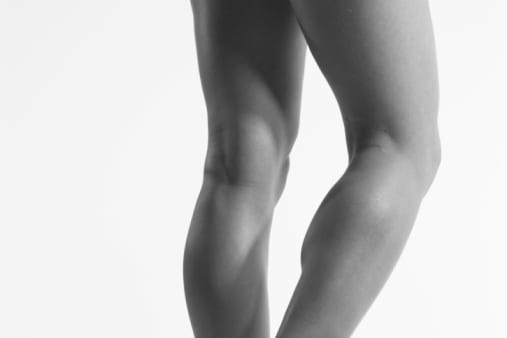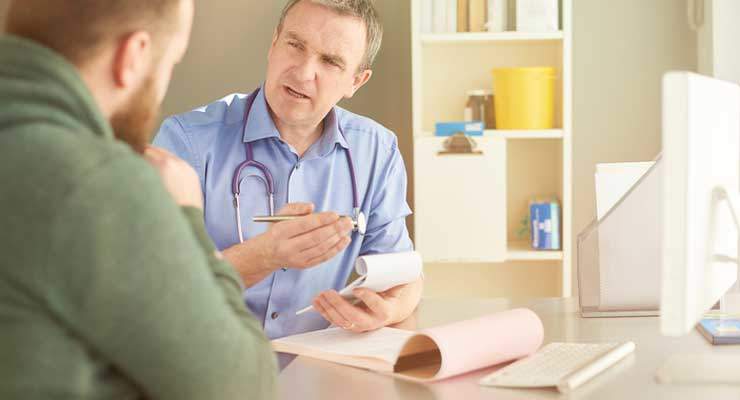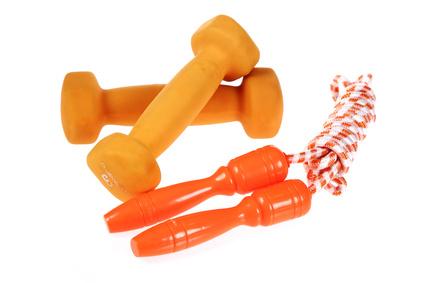Search Results for: Veins enlarge
How to Prevent Varicose Veins
Varicose veins are enlarged, bulging veins. According to the Mayo Clinic, in addition to the bulge, symptoms may include pain, night cramps, itchiness and feelings of heaviness. Varicose veins can occur anywhere in the body, but usually develop in the legs. They are fairly common and according to the John Hopkins Bayview Vein Center, occur more often in women than in men. Although certain risk factors such as family history are not controllable, there are steps to take to help prevent varicose veins.
4 Ways to Cure Varicose Veins
What goes down must go up when it comes to blood circulating to your legs. Because the blood fights against gravity, if the one-way valves that open to let blood back to your heart are weak or damaged, blood can back up, resulting in varicose veins. According to the National Heart Lung and Blood Institute, a number of factors may increase your risk for varicose veins, including a family history of them, obesity and pregnancy.
How to Tell If a Man Can’t Have Babies
One out of every 10 couples may find they are infertile when they attempt to conceive a child, according to the Centers for Disease Control. Infertility can occur if a problem happens during any part of the conception process, from a woman not being able to release an egg to a man having a low sperm count or deformed sperm. About half of the cases of infertility are due to the womanl the other half are due to the man. An examination by a doctor can determine if a man is infertile.
Treatment of Hemorrhoids in Pregnancy
Hemorrhoids are varicose veins, which are enlarged blood vessels, of the rectum. Pregnancy aggravates the problem of enlarged blood vessels due to blood volume expansion and the hormones that increase relaxation of the muscles. In late pregnancy, the weight of the uterus and the baby worsen hemorrhoids by increasing the pressure on the blood vessels. Hemorrhoids can either bulge out of the anus or stay inside the anal opening. You may not be able to get rid of hemorrhoids during pregnancy, but you can decrease their discomfort using a variety of techniques.
How Do Celebrities Lose Weight So Quickly?
If you keep up with the tabloids, it seems that many celebrities go from being pregnant or having a few extra pounds on their bodies to super skinny, all within a matter of weeks. The life of a celebrity is probably a lot different than your own life. They need to stay slim to avoid ridicule and are often able to devote a lot of time and money to taking the weight off.




